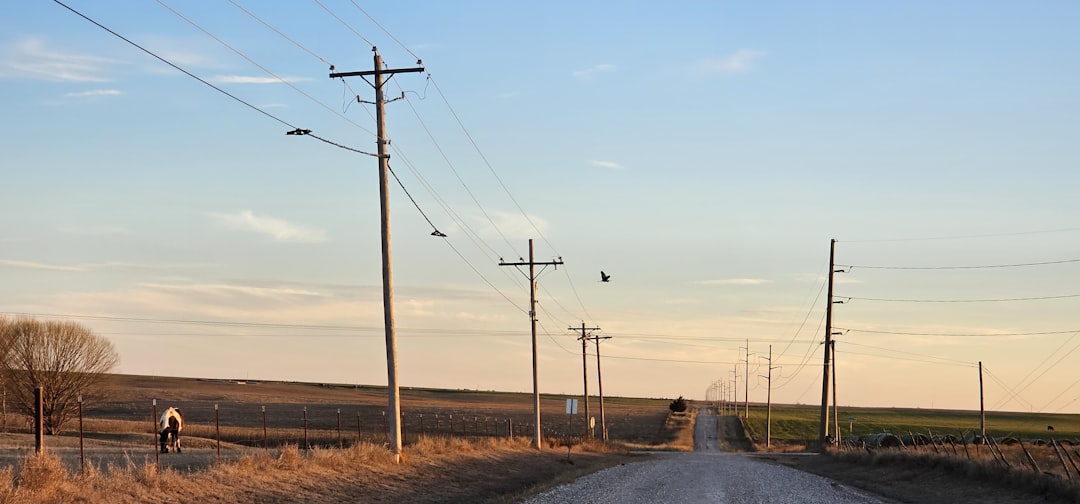Oklahoma's telemarketing laws protect residents from unwanted calls, with "Do Not Call" lists and time restrictions. However, attorney firms often bypass these rules. Community engagement is vital to advocate for stronger "Do Not Call" provisions, leveraging educational sessions, social media, and government involvement to reduce intrusive marketing, especially from legal services firms. Empowering Oklahomans through knowledge and collective action can lead to effective telemarketing reform, ensuring respect for consumer privacy.
In Oklahoma, unwanted telemarketing calls remain a significant concern for residents and businesses, prompting the need for effective telemarketing reform. This article explores how community engagement can drive positive change. We’ll delve into existing regulations, the impact of excessive calls, and practical strategies to foster public participation. By understanding these aspects, communities can effectively advocate for reform initiatives, ensuring a quieter, more peaceful environment. Join us in exploring actionable steps, from engaging with local representatives to utilizing do not call attorneys Oklahoma resources, towards a more harmonious future.
Understanding Telemarketing Regulations in Oklahoma

In Oklahoma, telemarketing regulations are governed by state laws and industry standards aimed at protecting consumers from aggressive or unwanted sales calls. One key aspect is the “Do Not Call” list, similar to federal programs, which allows residents to opt-out of receiving marketing calls. This list ensures that businesses respect privacy and reduce nuisance calls. Oklahoma’s laws also specify the permitted times for telemarketing activities, providing a buffer during personal time, typically from 9 am to 5 pm on weekdays.
Additionally, companies must obtain written consent before initiating calls, especially for sales or solicitation purposes. The “Do Not Call Attorneys Oklahoma” provision is an essential part of these regulations, empowering residents to take action against telemarketers who violate their rights. By understanding and adhering to these rules, community members can actively contribute to a more peaceful and less intrusive telemarketing environment.
The Impact of Unwanted Calls on Residents and Businesses

Unwanted telemarketing calls, especially from attorneys, can significantly impact both residents and businesses in Oklahoma. Many Oklahomans find themselves on the receiving end of relentless phone pitches, often disrupting their daily routines and causing stress. This issue is particularly problematic for small businesses, which may struggle to manage customer interactions and sales while dealing with non-stop attorney call campaigns.
The constant influx of unsolicited calls can lead to decreased productivity, increased frustration, and even financial losses. For residents, it means a constant interruption during meals, work, or personal time, leaving many to wish for a solution to this persistent problem. The “Do Not Call” registries are a step in the right direction, but attorneys often find loopholes, making it crucial for communities to actively engage in reforming telemarketing practices, especially when it comes to legal services.
Strategies for Effective Community Engagement

Community engagement is a powerful tool in advocating for telemarketing reform, especially when aiming to implement restrictions like the “Do Not Call” attorney provisions in Oklahoma. Start by organizing informational sessions in local communities, schools, and community centers to educate residents about their rights and the negative impacts of unsolicited calls, particularly from attorneys. Utilize social media platforms and local news outlets to share success stories and personal experiences related to unwanted telemarketing calls, fostering a sense of collective action.
Encourage residents to actively participate in local government meetings, providing direct feedback to council members and state representatives. Online petitions and letter-writing campaigns can also be effective strategies to gather support and create a collective voice against invasive telemarketing practices. By empowering individuals with knowledge and actionable steps, communities can effectively push for reforms that respect their privacy and reduce unwanted phone calls, including those from attorneys seeking new clients.
Taking Action: Reform Initiatives and Participation Methods

In Oklahoma, telemarketing reform is a collective effort that requires active community engagement. Taking action involves staying informed about ongoing initiatives and participating in meaningful ways. One significant step is supporting legislation that promotes Do Not Call attorney general registries, ensuring residents can opt-out of unwanted calls effectively. These registries not only empower individuals but also help in identifying legitimate telemarketing practices from fraudulent activities.
Community engagement methods include attending local town hall meetings where discussions on consumer protection and privacy are central. Additionally, leveraging social media platforms to share knowledge, organize awareness campaigns, and connect with like-minded individuals can amplify the collective voice against excessive telemarketing calls. By participating in these initiatives, residents of Oklahoma can actively contribute to creating a more balanced and respectful telemarketing landscape, especially when it comes to respecting “Do Not Call” requests.






